Scammers keep getting bolder and bolder with their extortion methods. From impersonating landlords to illegal debt collection tactics, there is no shortage of ways scammers will try to separate you from your money.1
Scamming has been exacerbated even further by the pandemic, with scammers taking advantage of citizens in an already anxiety-inducing climate. Be aware of these five red flags when getting on the phone, checking your email, or using social media. This can help you avoid getting trapped in a conversation with a scammer in the first place.
Red Flag #1: They Make an Identity Claim
Many scammers are now utilizing strategies in which they claim to be trustworthy sources, such as a government agency or even your bank, to extrapolate information from you. If you receive a strange call, text, or email with an unfamiliar hyperlink, this is a tell-tale sign that you are being scammed.2
Never click on mysterious hyperlinks or respond to uncertified messages asking for your personal information, especially if it involves money. For instance, many scammers claim to be government agencies providing updates on COVID-19 economic support. Do not blindly trust these claims.
If you get an email from a financial institution asking you to reset your password, log in to your account, verify information, etc., instead of clicking on the links, go to the website directly by typing the correct URL into the web browser. Many times the URL link in the email won't be the actual domain of the the actual bank. For example, you get an email purportedly from Chase Bank, where you do have an account. Instead of clicking on the link, type www.chase.com into your web browser and then login. You can also call the bank using the phone number from the real website or from the back of your debit or credit card and they can verify if the email you received is legitimate. The same precautionary steps go for letters in the mail and phone calls.
Red Flag #2: They Need Your Personal Information Immediately
A scammer’s goal is to get your personal information as quickly as possible. Especially due to the pandemic, scammers prey on people’s fears. In addition to making a brazen identity claim, a scammer will often state that he or she needs information or money immediately, or something terrible will happen. Be aware of this behavior instead of allowing it to induce stress.
If you are already in contact with a potential scammer and start displaying doubts, a scammer may even get aggressive about needing your information. This is another sign that you are dealing with a scam. A genuine source will never require you to reveal personal information in this manner.3
Red Flag #3: You Must Wire Money
Once a scammer receives money from you, his or her goal is to disappear with it, becoming extremely difficult to track. If an entity is asking you to send money via a wire transfer or reload pack, this is likely a scam because these payment methods are tough to track.3
Moreover, if someone is requiring you to send money quickly in an unorthodox fashion, they are likely scammers.
Red Flag #4: The Scam Does Not Apply to You
This is one of the more obvious indications of a scam. For instance, a scammer may contact a teenager about car insurance when the teenager does not even own a car in his or her name. Nonetheless, the frightening and urgent language of the call could get them stuck in an uncomfortable conversation with someone who is likely a scammer.
If somebody approaches or calls you with an offer or issue that clearly does not apply to you, get out of the situation as quickly as possible.
Red Flag #5: It Is Too Good to Be True
Unfortunately, getting an excellent deal is often a sign that it may be a scam. A scammer will promise you something that seems far too good to be true to draw you in. Even if a scammer’s website seems extremely official, or a scammer approaches you in person, looking very professional, that is often a front to gain trust.
This is one of the easiest ways to get scammed, and it can happen in almost any area of business. Always stay wary of untrustworthy sources, and if you seem to be getting too good of a deal on insurance or even something as big as an apartment rental or car, do more research on the identity of the source.
It is much easier to get scammed than one would think. Make sure that you are aware of the tell-tale signs of a scam and avoid allowing your fear to get the best of you in these situations. Getting scammed is a taxing and costly ordeal that nobody deserves to experience.
This content is developed from sources believed to be providing accurate information. The information in this material is not intended as investment, tax, or legal advice. It may not be used for the purpose of avoiding any federal tax penalties. Please consult legal or tax professionals for specific information regarding your individual situation. The opinions expressed and material provided are for general information, and should not be considered a solicitation for the purchase or sale of any security. Digital assets and cryptocurrencies are highly volatile and could present an increased risk to an investors portfolio. The future of digital assets and cryptocurrencies is uncertain and highly speculative and should be considered only by investors willing and able to take on the risk and potentially endure substantial loss. Nothing in this content is to be considered advice to purchase or invest in digital assets or cryptocurrencies.
Enjoying Escient Financial’s Insights?
The weekly newsletter is usually delivered to your email inbox Friday or Saturday, and includes:
- the latest Escient Financial Insights articles
- a brief of the week's important news regarding the markets
- recommended third-party reads
- selected Picture of the Week
Escient Financial does NOT sell subscriber information. Your name, email address, and phone number will be kept private.
















